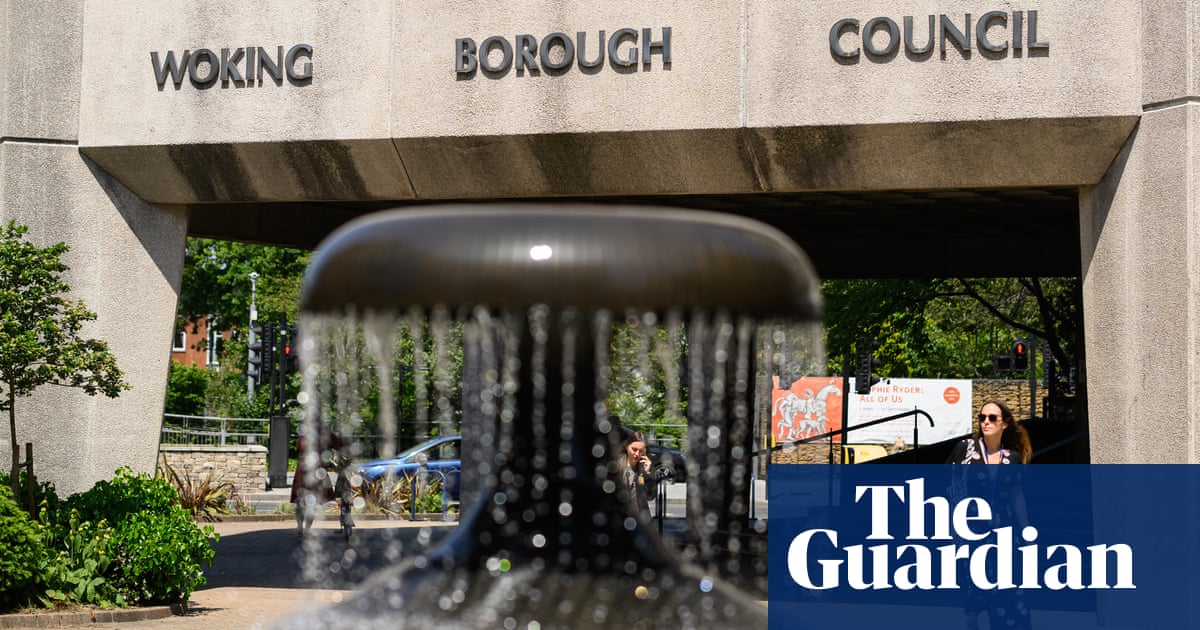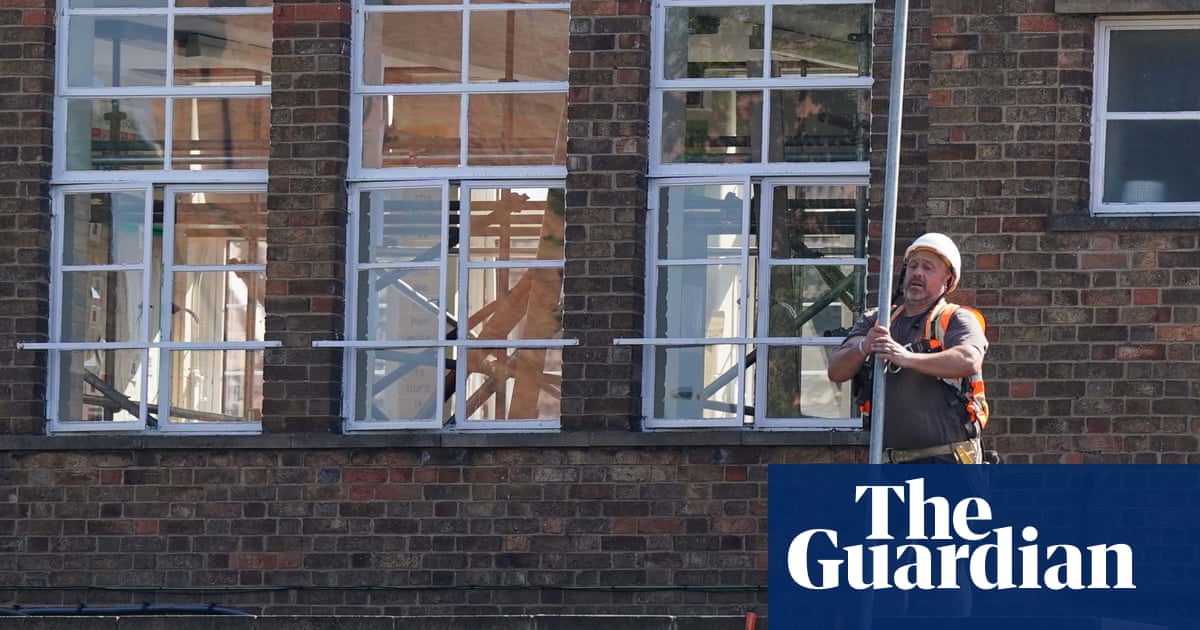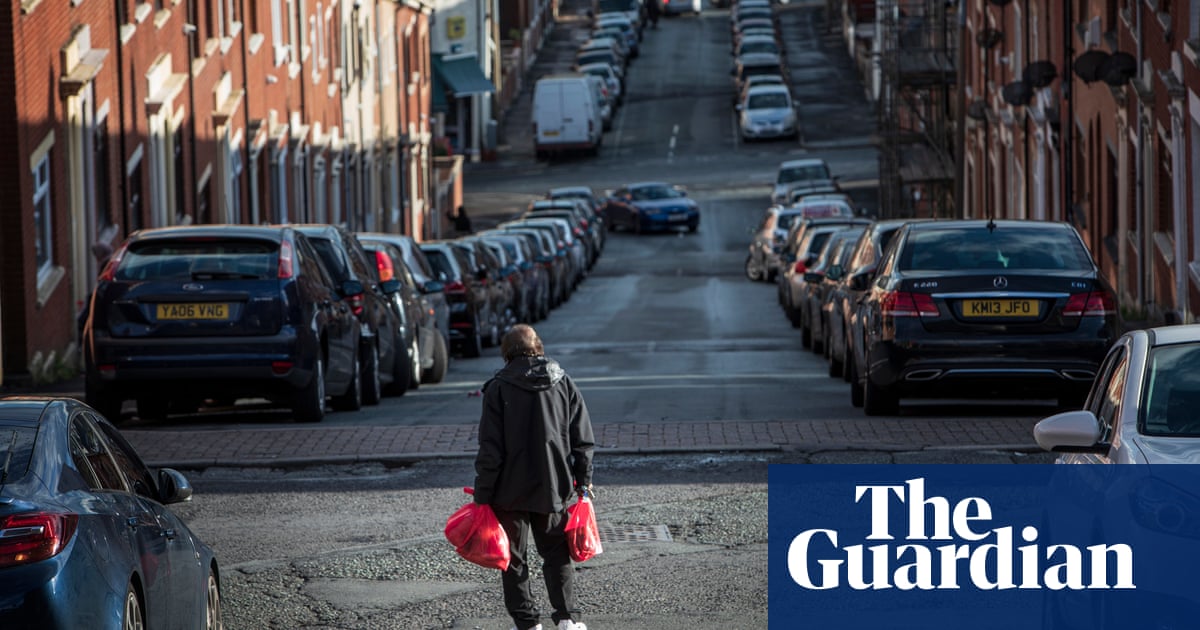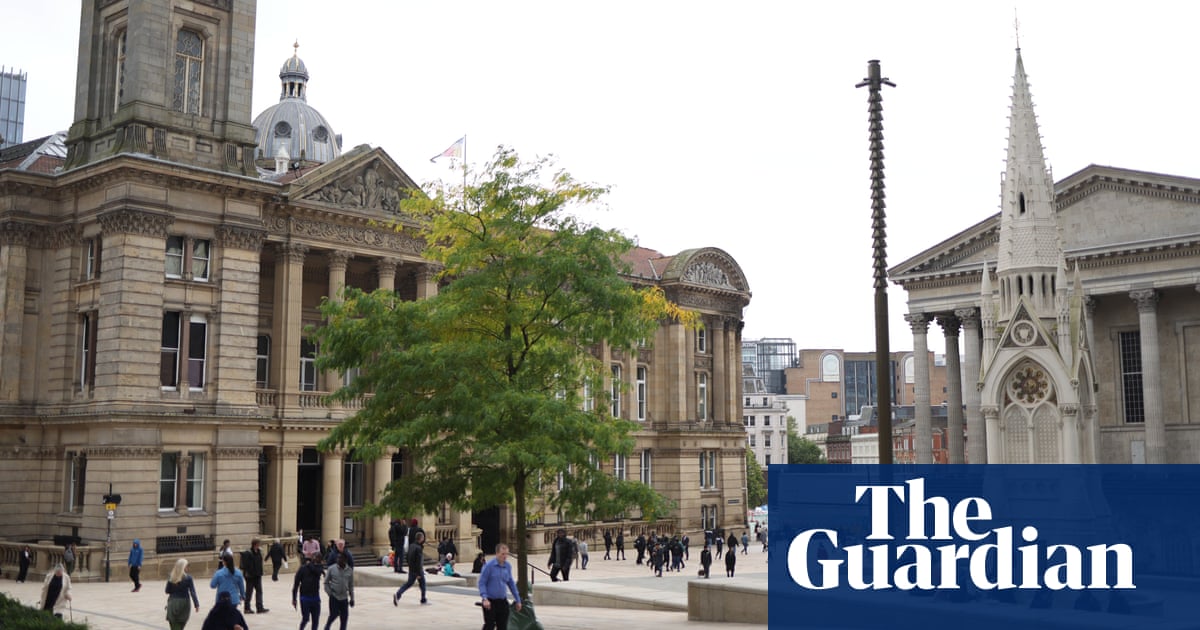
More than eight out of 10 English councils providing adult social care services are at technical risk of bankruptcy – or face a fresh round of cuts to services – because they cannot meet the extra financial pressures caused by the coronavirus pandemic, according to new research.
The analysis estimated that predicted Covid-19-related costs and income losses in 131 out of England’s 151 upper-tier councils this year will exceed both the levels of their available financial reserves and the support so far provided by central government.
The majority of those councils that are in the “red wall” northern England and Midlands parliamentary seats won by the Tories from Labour at the last general election are at risk of going bust because of Covid-19 pressures, the study found.
The Centre for Progressive Policy thinktank study said authorities in the most deprived areas of England already hit hardest by a decade of austerity faced higher pandemic-related costs, and should be prioritised for government support in line with ministerial promises to “level up” so-called “left behind” areas of England.
“Without additional support, deprived local authorities are again going to be hit hardest, leading to bigger service cuts in places where they are needed the most,” concluded the study.
Without a major package of support from the government – councils are currently estimating a net shortfall of at least £6bn for 2020-21 – there is widespread agreement among authorities of all political colours that many will be obliged to draw up painful cuts plans in the next 18 months to avoid bankruptcy.
Although the government has provided £3.2bn of pandemic emergency funds for English local authorities in two tranches in March and April, councils are reporting that the extra money has already run out as pandemic spending on adult social care, homelessness and other areas continues to remain high.
Several councils are already preparing emergency in-year cuts budgets to try to stabilise their finances. Leeds city council said it faced a £200m shortfall, forcing it to freeze vacancies and all non-essential spending. Manchester, Liverpool, Luton and Wiltshire have also signalled that they face serious difficulties.
Steve Reed, Labour’s shadow secretary of state for communities and local government, said councils faced a huge financial black hole. “By law councils will be forced to make devastating in-year cuts that will see frail older people denied care, libraries and leisure centres shut for good and bins left unemptied.”
Last week the Labour leader, Sir Keir Starmer, warned at prime minister’s questions that councils faced “cutting core services or facing bankruptcy”, adding that “either outcome will harm communities and mean local services can’t reopen”.
The Institute for Fiscal Studies said this week that while all councils were hit by extra Covid-19 costs and income losses, councils in more deprived communities where problems of ill-health and poverty were greater were likely to face bigger pressure on services in the long term.
As well as costs in areas such as adult social care local authorities are increasingly concerned that the pandemic is storing up rising costs in other areas as lockdown eases. These include:
An anticipated surge in child protection cases as children return to school, and social workers resume home visits and face-to-face meetings with vulnerable families.
Fears that council-owned leisure centres that have been closed during the pandemic will no longer be financially viable as long as social distancing measures remain in place, and will have to be permanently shut.
Concerns that the cost of home-to-school bus services, particularly in rural areas, will be unsustainable if social distancing rules limit the number of children in each vehicle. Councils have paid transport contracts even while schools are closed to prevent firms going bust.
Local authorities are required by law to balance their budget each year, meaning they are unable to carry over financial deficits into future years. If they are unable to cover costs with resources, they are obliged to issue a section 114 statement, an effective declaration of insolvency.
Only one council – Tory-controlled Northamptonshire – has issued a section 114 notice in the past two decades. In that case spending was frozen and government-appointed commissioners sent in to oversee the authority, which was forced to implement drastic cuts to rebalance its books.
The Centre for Progressive Policy study used official Covid-19 returns filed by English councils to the government detailing extra costs and income losses in March and April and projected forward to the end of the financial year.
Simon Clarke, the minister for local government, said: “We’re giving councils an unprecedented package of support, including £3.2bn non-ringfenced emergency funding, to tackle the pressures they have told us they’re facing.
“Councils’ core spending power rose by over £2.9bn this financial year even before additional emergency funding was announced.
“This is part of a wider package of support from across government for local communities and businesses – totalling over £27bn including grants, business rate relief and for local transport. We are working on a comprehensive plan to ensure councils’ financial sustainability over the financial year ahead.”












